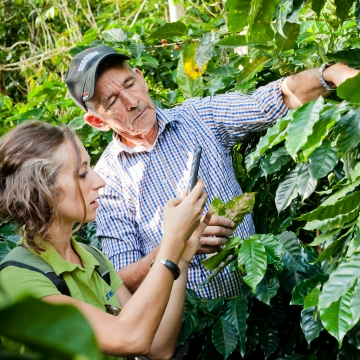Child Malnutrition in Tigray, Northern Ethiopia
The objective of this study was to estimate levels of and identify factors contributing to child malnutrition in Tigray, Northern Ethiopia. A cross sectional survey was used in rural communities of four zones of Tigray.
Objective: Estimate levels of and identify factors contributing to child malnutrition in Tigray, Northern Ethiopia.
Design: Cross-sectional survey.
Setting: Rural communities from four zones of Tigray.
